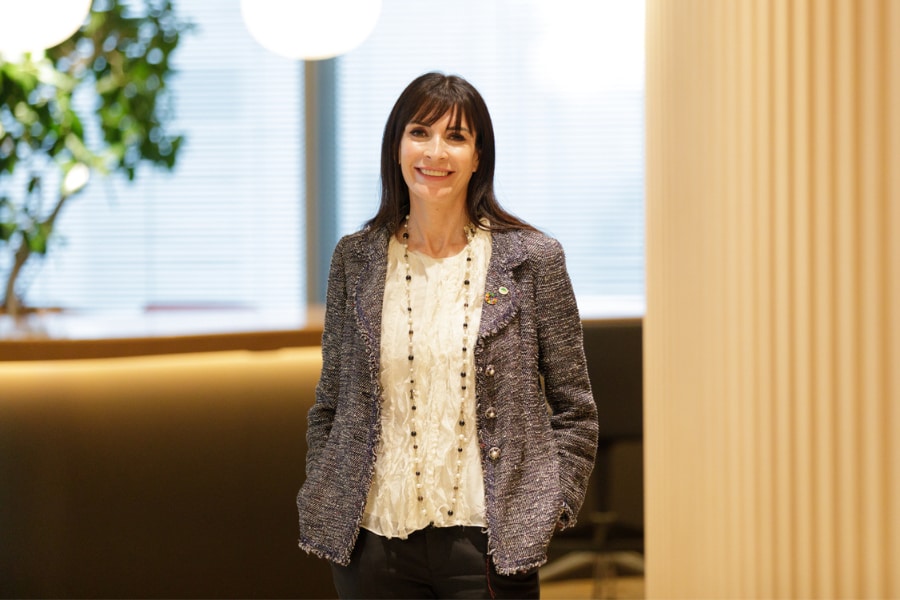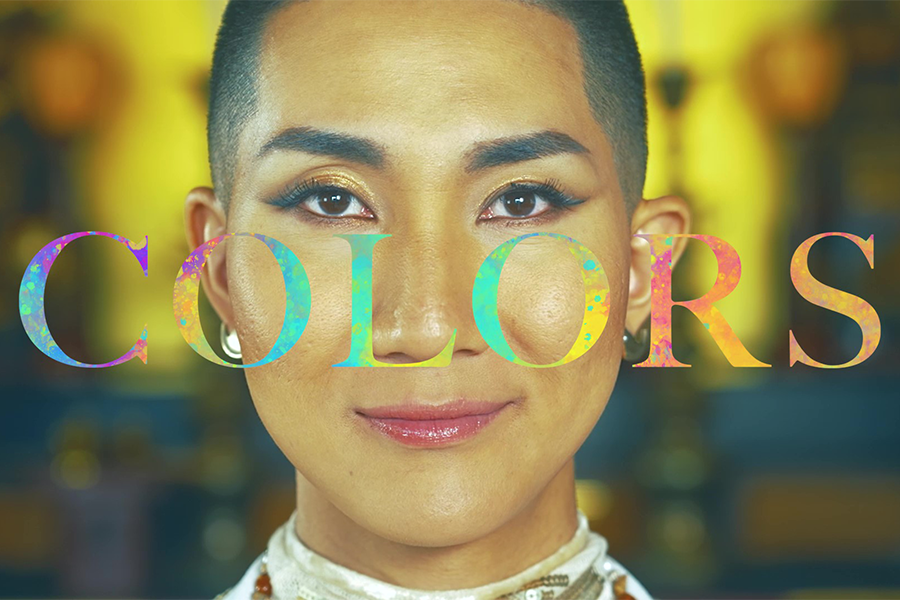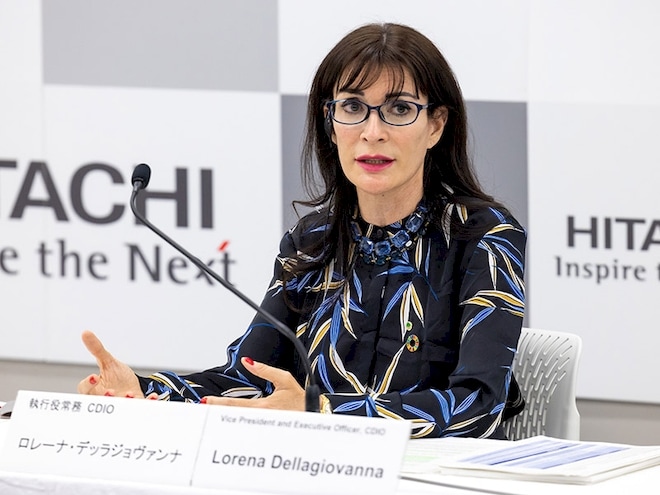Putting Allyship in Action for More Inclusive and Supportive Workplaces
Jun. 19, 2023
Editing Team

In today's diverse and evolving workplaces, fostering a sense of belonging and inclusion is paramount for both employees and businesses. That's where allyship steps in as a driving force that helps dismantle systemic inequalities and ensures that no employee feels excluded or isolated. Allyship is a powerful tool that leverages personal power and privilege to cultivate an environment where inclusivity thrives.
We sat down with Robin Young (She/Her), project administrator for Hitachi Solutions America, to explore the essence of allyship and the transformative impact it can have on building a more inclusive and harmonious work environment.
--Firstly, can you please introduce yourself.
Robin: My name is Robin Young. My pronouns are she/her/hers, and I am a transgender woman. At Hitachi Solutions America, I am a project administrator and work to manage and maintain budgets, reports and statements of work. I am also active in Hitachi Solutions America’s employee resource group, Konsei Pride, which means “Mixed Community” in Japanese.
--How would you define an ally?
Robin: An ally is someone you can rely on to support you in any situation that you're dealing with, so you don't feel like you're by yourself.
--Can you provide an example from your career that illustrates the profound impact of allyship?
Robin: When I was first interviewing for Hitachi Solutions America, I was nervous because I had not disclosed my gender identity. I was actively transitioning, and I was worried because I didn’t want to be excluded, but I also didn't want to come into the position not presenting as myself. In my third interview, I decided to come out by including my pronouns in my email signature. I knew this was a good company because I still got another interview, which was the biggest concern. And then everybody who interviewed me prior immediately corrected my pronouns.
After I started, on the second day, I realized I was a part of the team, and no one was treating me differently. Everybody who was a part of the new hire process was great. My original team lead was there for me by making me feel included whenever I was introduced, always with the correct pronouns. There were a few slip-ups, and instead of me having to correct someone, they corrected themselves.

--In what ways do your colleagues currently empower and uplift you?
Robin: I’ve had some of the best interactions with colleagues that I would consider allies. My coworkers, if they hear a client who's misgendering me, they go out of their way to use the proper pronouns the entire time without calling it out. And that helps without me always having to step up because I sometimes feel awkward correcting it.
Having a team member you can rely on has always been a big asset because you need to be able to trust the people you're with to respect you. It is equally important that they honor your boundaries, allowing you to respond comfortably without feeling intruded upon. And I'm happy to say that one of the allies I worked with earlier in my projects is taking a role in our employee resource group Pride community as the ally pillar to help lead.
The message I tell anybody about our company is the fact that you're able to be yourself. Hitachi Solutions America supports your personal growth and advancement, and it isn’t based on your gender or anything else like that. In addition, our active employee resource group is dedicated to leveling the playing field, demolishing any glass ceilings that stand in the way of your progress.
--How do you believe allyship leads to more inclusive thinking?
Robin: Allyship allows growth and understanding that everybody has different needs, which can be met as a whole instead of only catering to one particular demographic; Being an ally to a person of color or someone who's neurodivergent is just as important as it is to the LGBTQIA+.
When you bring more diverse people to the table, you're willing to have more collaborative discussions because you get all these different mindsets. And there's also this clarity that it provides as well because you'll have situations where you’ll think, “Oh, I didn't know that” or “I never thought of that.”
--What steps can workplaces take to support and uplift the LGBTQIA+ community or any diverse team they're trying to support?
Robin: It starts at the grassroots level, working to get recruitment out to all different communities. I only found out about Hitachi because of my friend, but there are probably many people out there who could benefit from knowing positions are available. Getting that message out requires you to reach out to them because you can't expect them to come to you. It’s not about tapping into one community; It’s about tapping into all communities because you don’t know the next person who will come up with the next ChatGPT. When you reach out to all communities, you bring in more diverse perspectives, insights and ideas that lead to greater business outcomes.

--Hitachi has an upcoming LinkedIn Live on allyship in the workplace. Why’s it important to have a conversation on this topic?
Robin: Because it gives everyone a solid idea of what allyship is. It’s not just this buzzword; It’s taking consistent action to support the rights of those from historically marginalized communities. With everything that's going on right now in the U.S., knowing that there are safe places for people like me that are there to lift you up is imperative. Hitachi’s upcoming LinkedIn Live is a good place to start and have this conversation because it’s giving people like me a platform to speak while, at the same time, there are other people in the LGBTQIA+ community whose voices are currently being silenced. I'm being given a voice, and I can say things that will help other people.
Allyship is not a one-time action but an ongoing commitment. It requires active engagement, empathy and a willingness to challenge the status quo. By embracing allyship in the workplace, individuals contribute to a more inclusive and equitable culture, benefiting marginalized employees and the organization as a whole.
Watch Hitachi’s event, Allyship in Action: Creating a Supportive and Inclusive Workplace, on demand now.



